Atlas Crew 2024
Our team, M.A.R.S. UCLouvain 2023-24, was the 296th crew to participate in the MDRS project since its inception in 2001. It is also the 14th team from UCLouvain.
Our crew was composed of PhD and students.
The rotation assigned to us started on March 31, 2024, and concluded two weeks later on April 13, 2024
The team
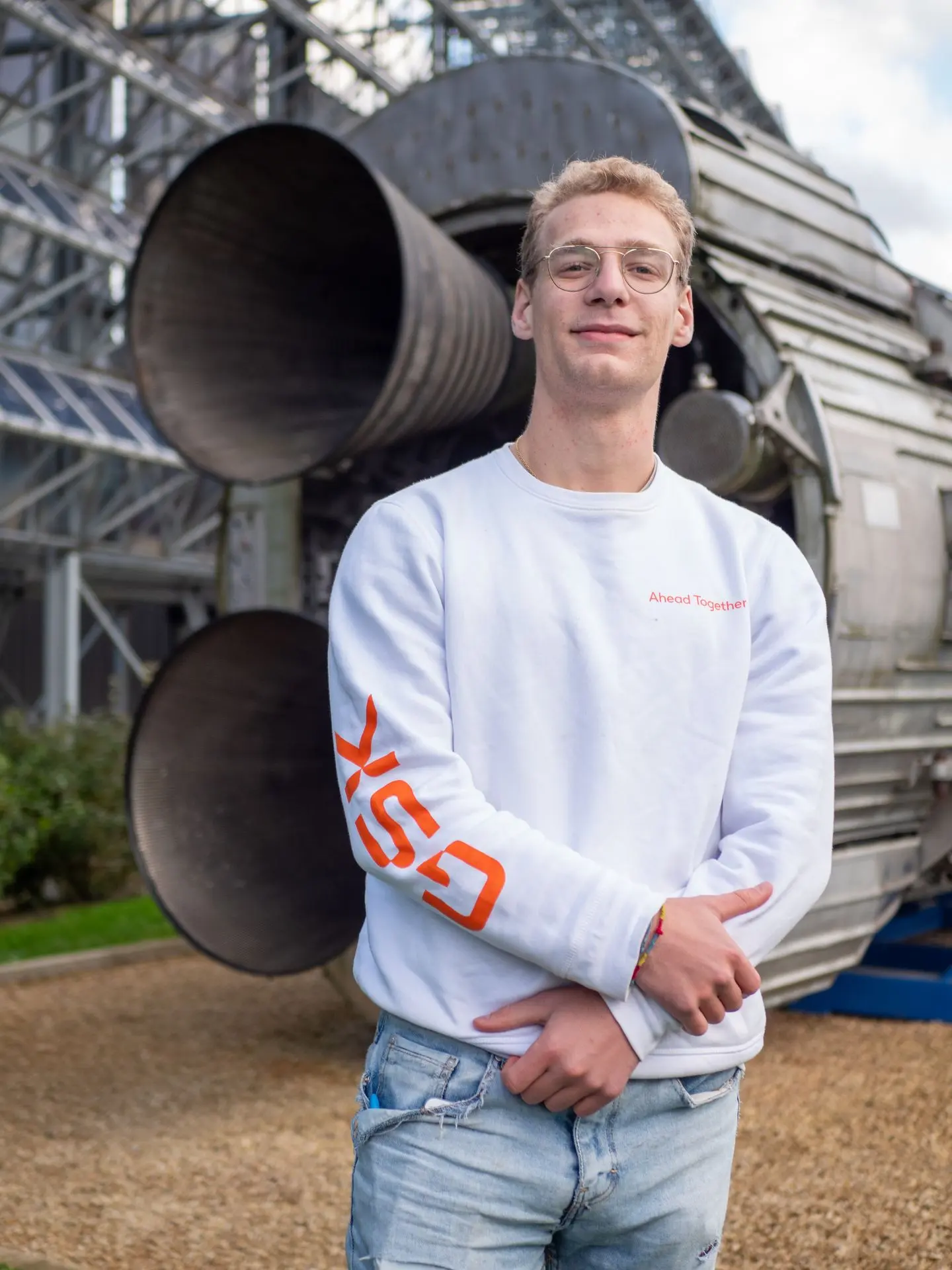
Romain Maddox,
Commander
Bachelor of Physics
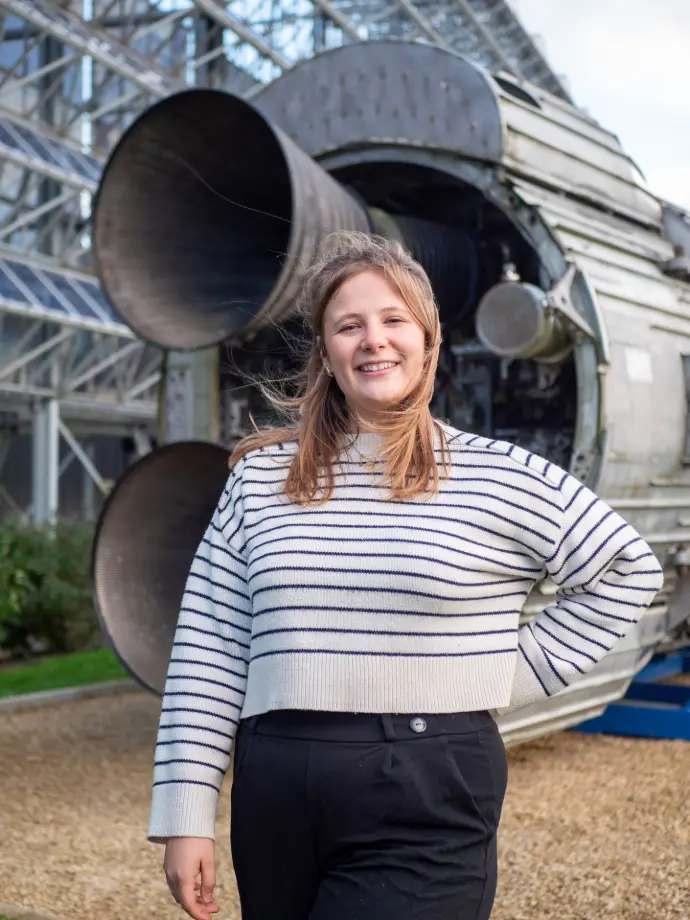
Loriane Baes,
Executive Officer
Clinical psychology
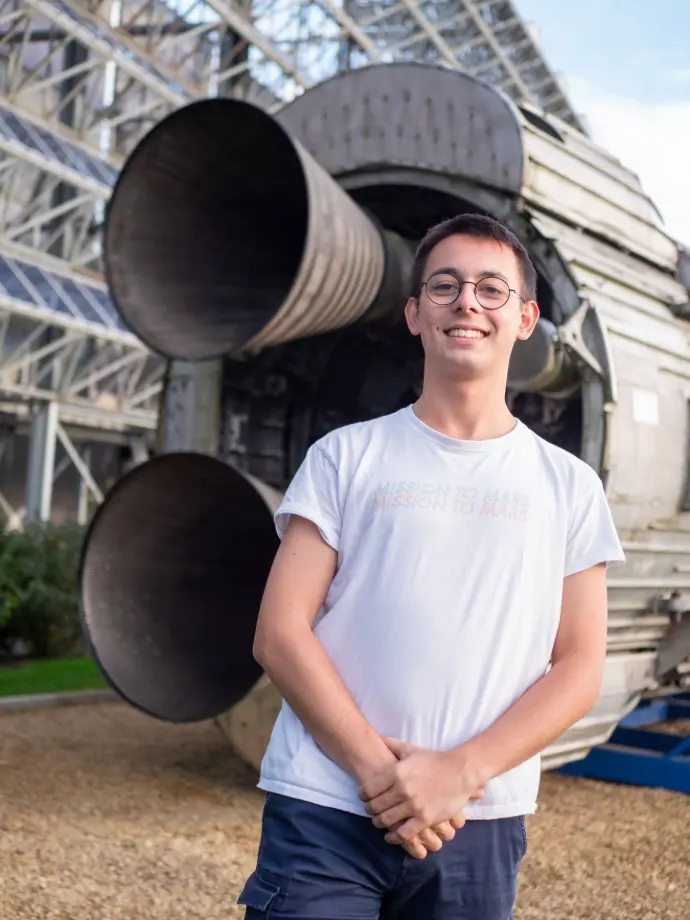
Hippolyte Hilgers,
Greenhab Officer
Master of Electrical Engineering
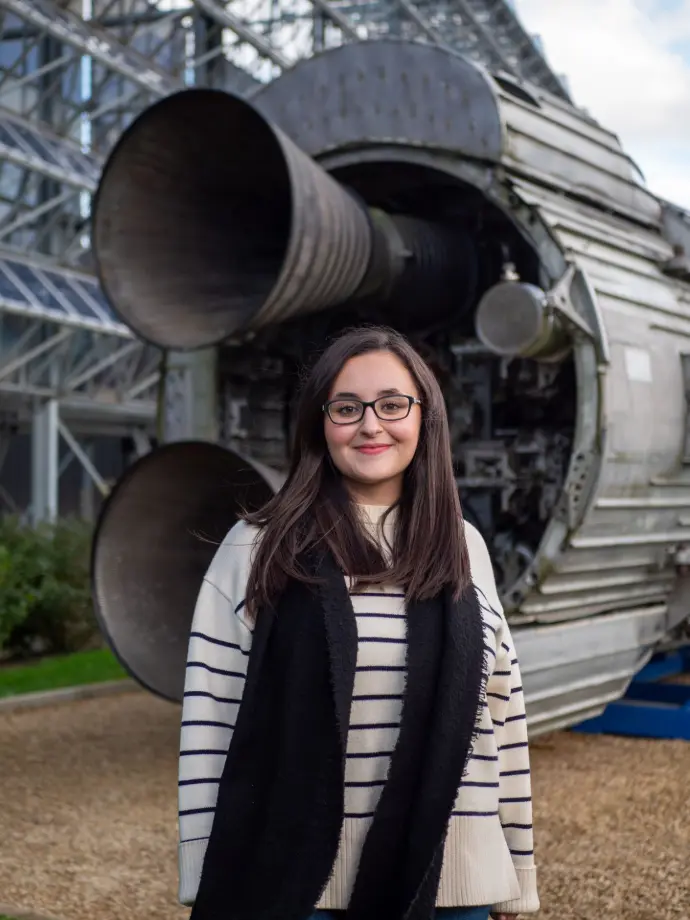
Imane, Health and Safety Officer
Master of Pharmaceutical Sciences
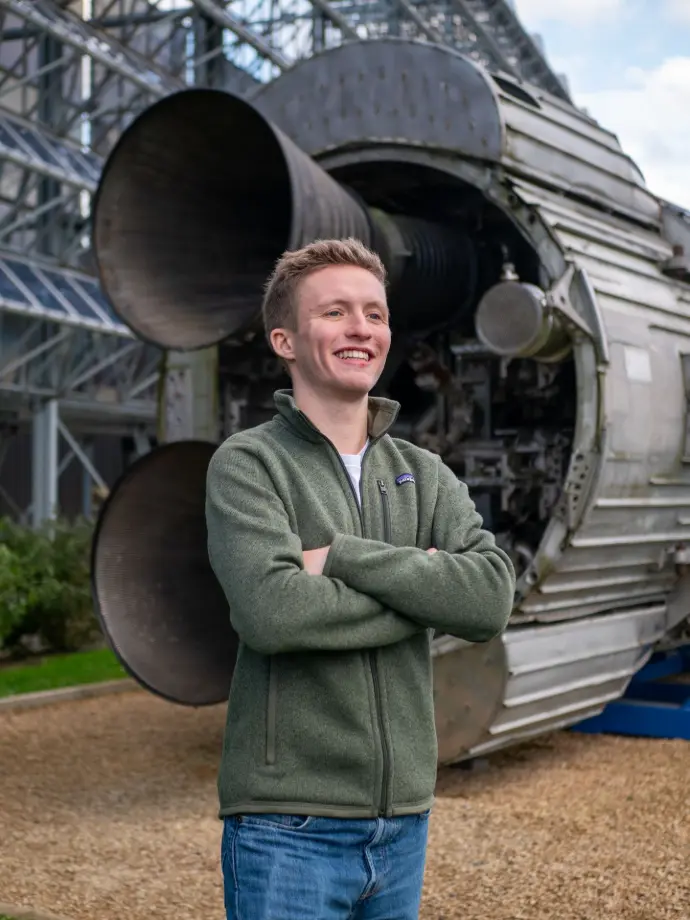
Louis Joseph,
Crew Engineer
Master of Bioengineering
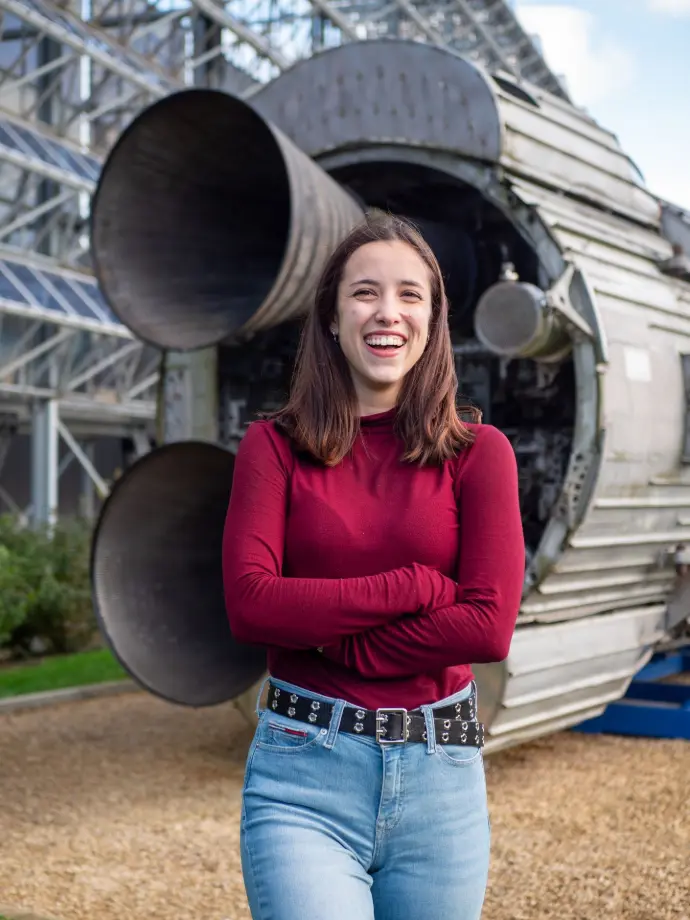
Alba Sánchez Montalvo,
Crew Journalist
PhD student in Biomedical and pharmaceutical sciences
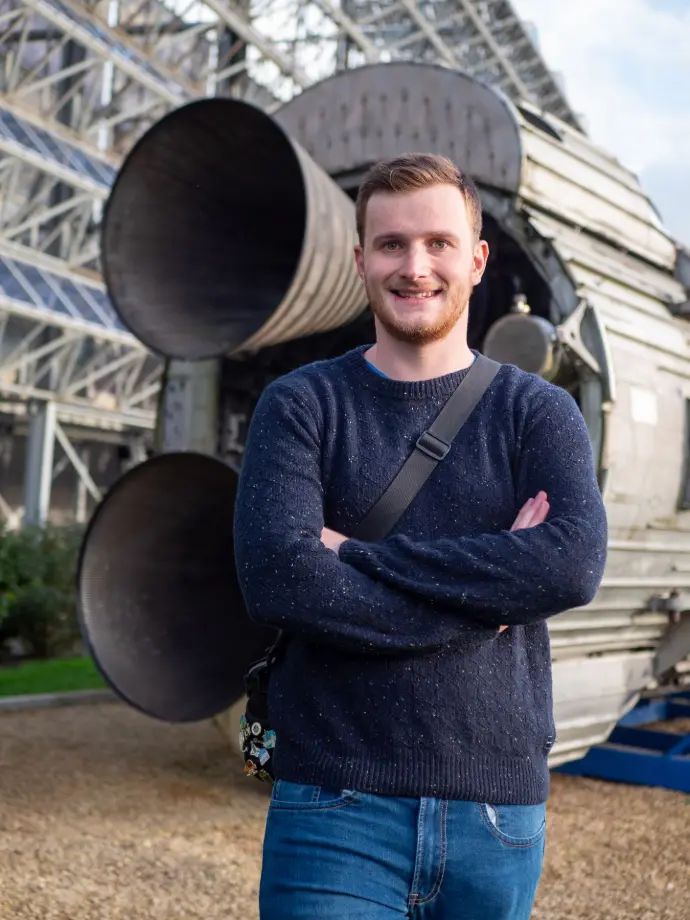
Maxime Foucart,
Crew Astronomer
Master of Geography
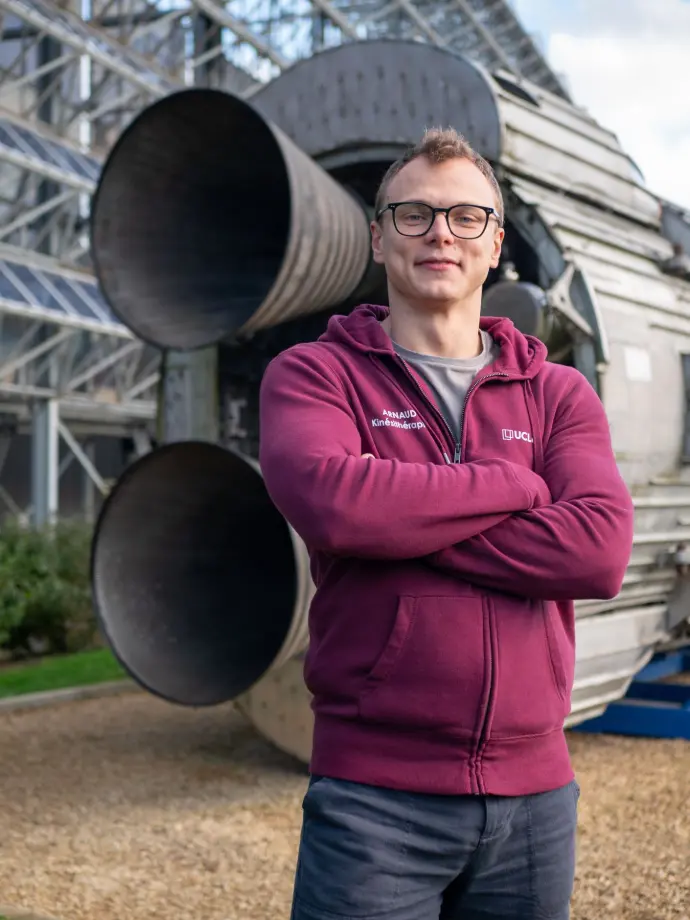
Arnaud de Wergifosse,
Crew Scientist
Bachelor of Physiotherapy
The experiments
Romain’s experiment
Thanks to the previous work done by fellow scientists, I will first write a paper on the synthesization of sustainable colonies based on in-situ reaction at different key localization. Based on my theoretical approach, i will then create, demonstrate and test different physical and chemical processes to confirm the validity of my theoretical work.
Hippolyte's experiment
During the M.A.R.S. UCLouvain mission, team members will be confronted with an unpredictable environment. A great deal of preparation is required to cope with unexpected situations. To support the crew and help them carry out tasks and make the right decisions, I propose to use an artificial intelligence (AI) stored locally on a computer. The AI would be trained throughout the year with mission information, such as scientific objectives, technical constraints and safety protocols. In this way, it could provide useful information and advice tailored to the specific circumstances of the mission.
AI could be used as a tool similar to ChatGPT, enabling team members to ask questions and get answers quickly and easily. It could also be used to monitor environmental conditions and report any significant changes that might affect the mission. To take the idea a step further, I propose transforming the AI into a voice assistant using a program. This would enable team members to communicate with it without having to use a keyboard or screen, which could be particularly useful during spacewalks or in other situations where the hands are busy.
Alba’s experiment
Scientists know that certain factors related to spaceflights may impact the immune system of astronauts, such as microgravity but also radiation exposure, isolation, and stress. Also, a dysregulation occurs in astronauts’ immunity (pro-inflammatory and Th1 responses) during long-term spaceflight. The goal of my study to evaluate the immune system function before, during and after the mission at the MDRS. Blood and saliva samples will be collected from the participants and antibody (IgM, IgD, IgG, IgA, IgE) and cytokine (Th1/Th2/Th17 profiles) production will be measured. Before and after the mission, stimulation assays to study the ability of immune cells, such as neutrophils, B and T cells, to respond to different stimulus will be performed. These biomarkers may be useful to monitor the effectiveness of biomedical countermeasures for astronauts, with potential application in terrestrial research.
Arnaud and Imane's experiment
The isolation experienced by astronauts during their space missions can cause stress. The aim of the study is to evaluate the impact of Lactobacillus Helveticus administration on containment stress. The study will be composed of 2 groups. One group will receive Lactobacillus Helveticus and another group will receive a placebo for two weeks before, during, and after the simulation.
Different markers, including cardiac, hormonal, and inflammatory markers, will be measured at different times. The medical application designed for astronauts, EveryWear, will also be utilized to record various parameters, such as heart rate and sleep.
Loriane’s experiment
Human behavior has always intrigued me. So I decided to bring a touch of psychology to the experiment. My experiment will therefore involve obtaining very detailed profiles of the crew members through personality tests, in order to analyze how these different personality types deal with the group’s isolation during the potentially stressful MARS experience.
Louis’ experiment
An overlooked aspect of a Mars exploration mission is the selection of the landing site location. Whether it is for the initial landing, or for the establishment of a base, the chosen location must meet a lot of mission-critical criteria. Most orbital-produced topographic maps of Mars suffer from a of lack of spatial resolution. My research project will hence be focused on the production of high-fidelity topographic maps of the study area using a method known as photogrammetry, along with UAV (unmanned aerial vehicle) technology.
Maxime’s experiment
Space is a dangerous and relentless, throwing challenges to everybody who dares venture into the unknown. Collecting and understanding data from an alien world is key to survival, that is why my experiment is going to be about the study of the danger of dust from Martian storms. These storms are not very well understood and the dust they pick up can be hazardous for the vital equipment such as the solar panels. I will use two weather stations that will track luminosity, air pressure, wind speed and temperature for two weeks and use my mapping skills to figure out if the environment around the MDRS is suitable for sensitive equipment or not. One of the weather stations will be stationary during the two weeks and the other will be mobile, moved each day to a new location to try and gauge the exposition to dust and wind